Department of Mechanical Engineering: Laboratories
Physical models are useful for better visualization & understanding of a machine / system. Models of different types of boilers, Internal combustion engines, turbo-jet engines etc. are kept to facilitate easy conceptualization of their working principles.
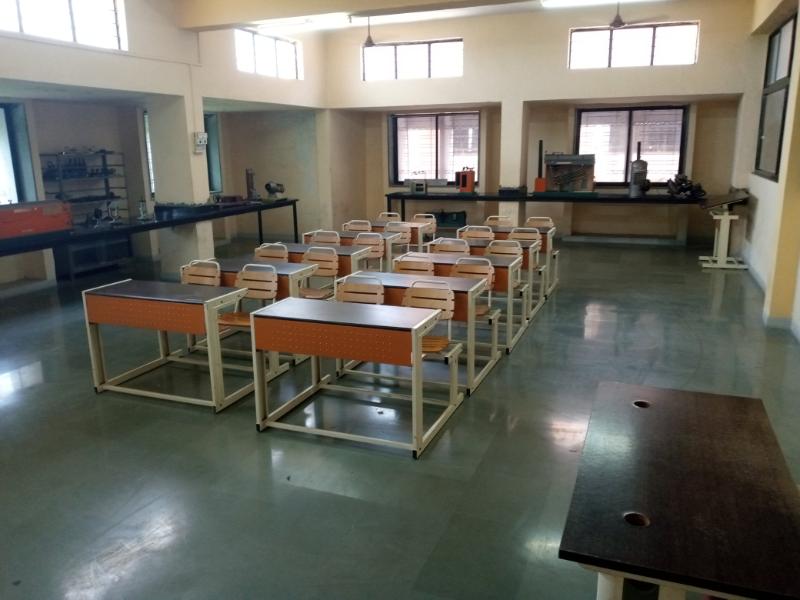
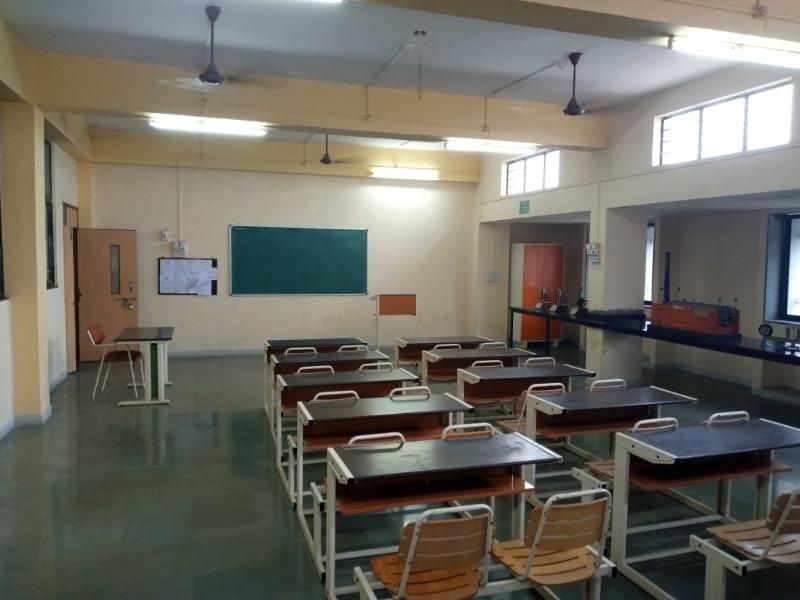
Theory of machines is the base for machine design. Theoretical principles & concepts of Governor, Gyroscope, Force vibration in beams & rotating shafts, Slip & creep in Belt drives etc. are reinforced through demonstration & performing experiments.
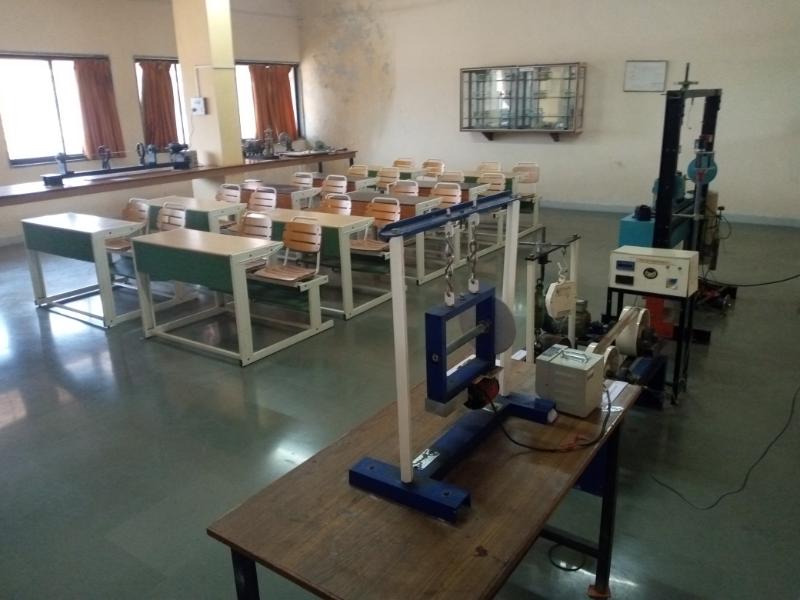
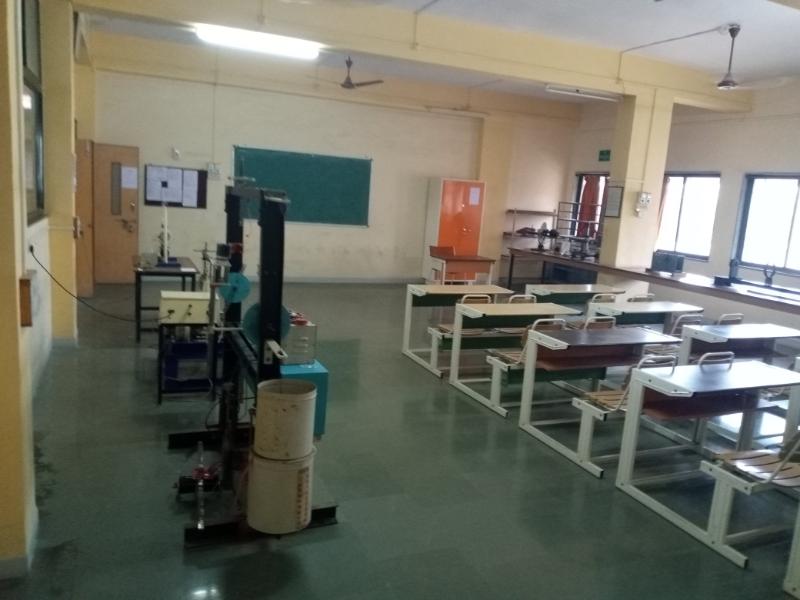
Students should be able to develop algorithms, write, debug & run programs for solving engg. Problems using C, C++ & MatLab, which is an essential skill in product design. The final design must be represented in form of orthographic & isometric drawings for use by purchase, production & inspection depts. These are made in the drafting section of the design dept., both manually & with the help of drafting softwares like AutoCAD, Inventor etc. This lab is equipped with these softwares & permit the students to acquire proficiency in these areas.
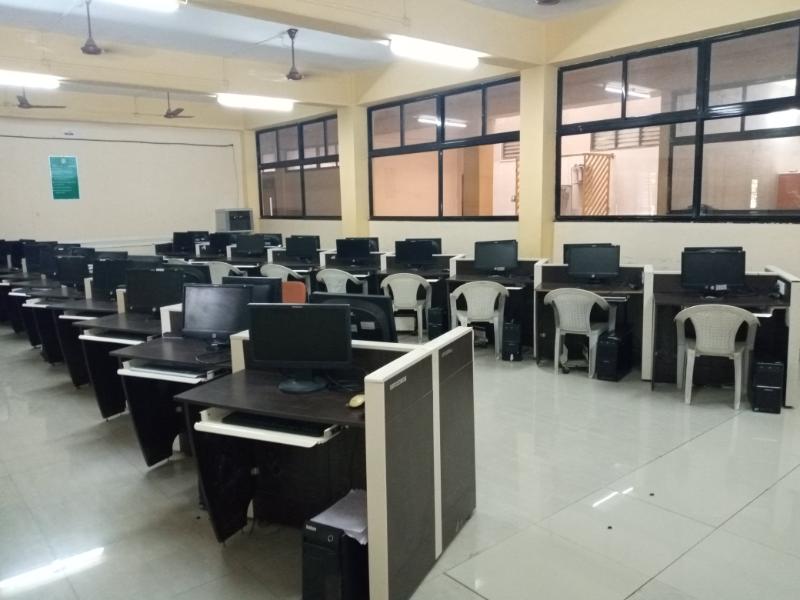
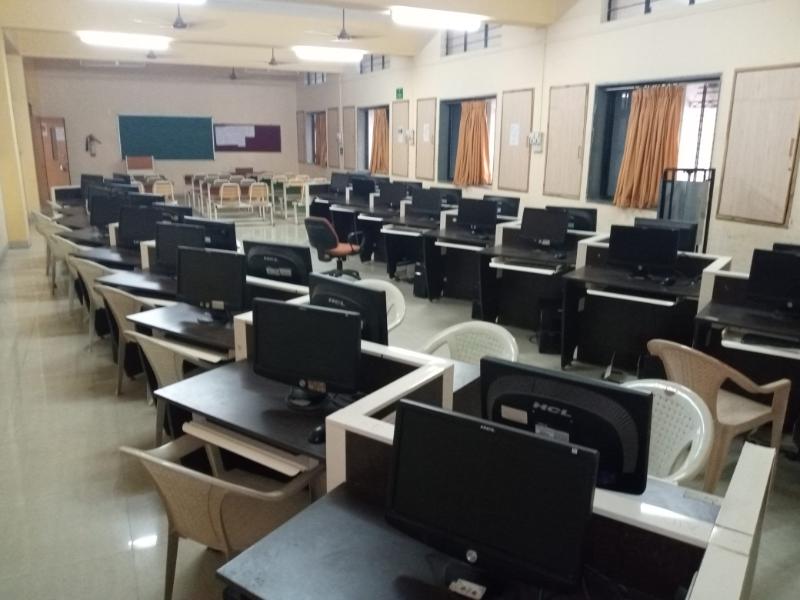
The suitability of a design must be validated through modeling, analysis & simulation softwares. prior to prototype development & testing. This lab is equipped with modeling softwares like CATIA, Inventor, analysis softwares like ANSYS & simulation softwares like IDEAS, Inventor, MatLab-Simulink & permits the students to acquire skills in these areas.
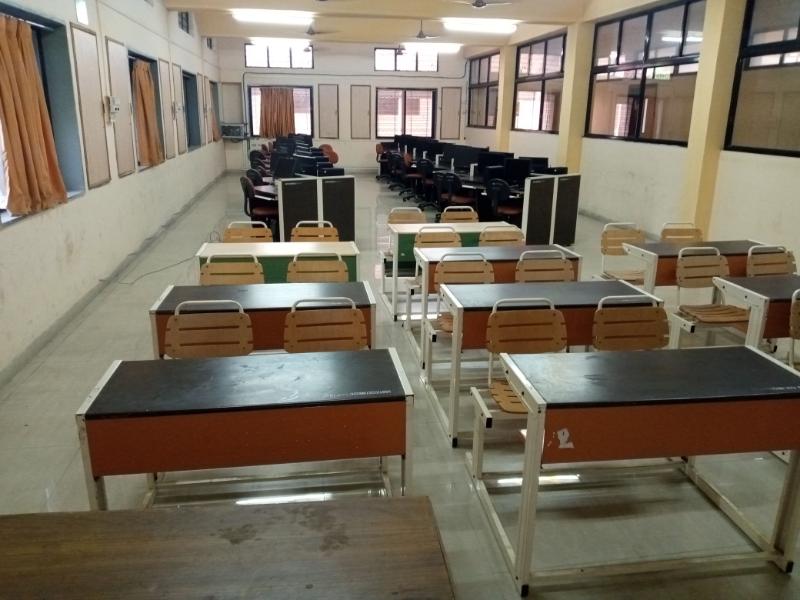
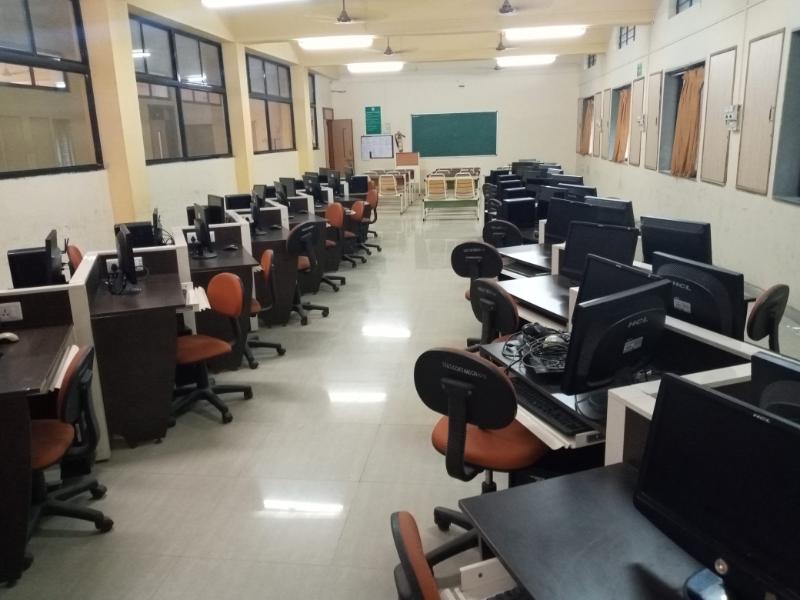
Electronic & Microprocessor based control systems are incorporated in most modern equipment. Students get to improve their knowledge about control systems & workings of transducers, ADC, microprocessors, DAC, Pneumatic, hydraulic & electric Actuators. They also get an opportunity to apply their knowledge in designing & building robots to perform specific tasks at ROBOCON competitions.
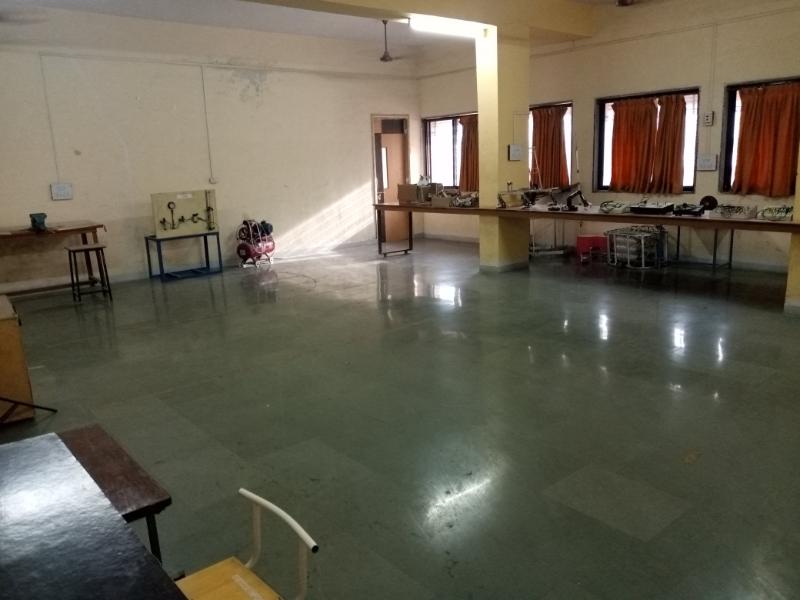
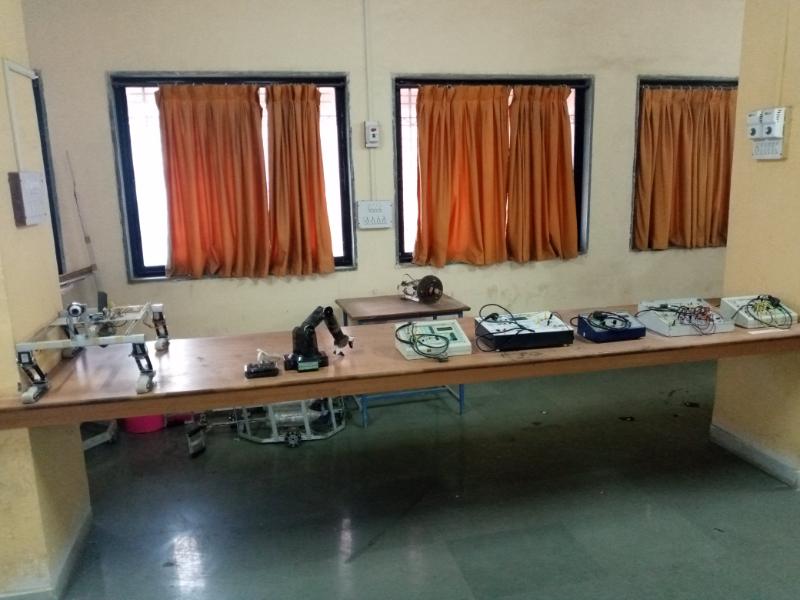
Heat as a source of energy / power can be used to produce steam & subsequently generate electricity for running motor in various machines. It can also be used to drive an I.C. engine in vehicles, pumps & compressors. This lab focuses on the study of different types of I.C. engines & their operating characteristics like rpm, torque, fuel consumption, efficiency etc. through experimentation.
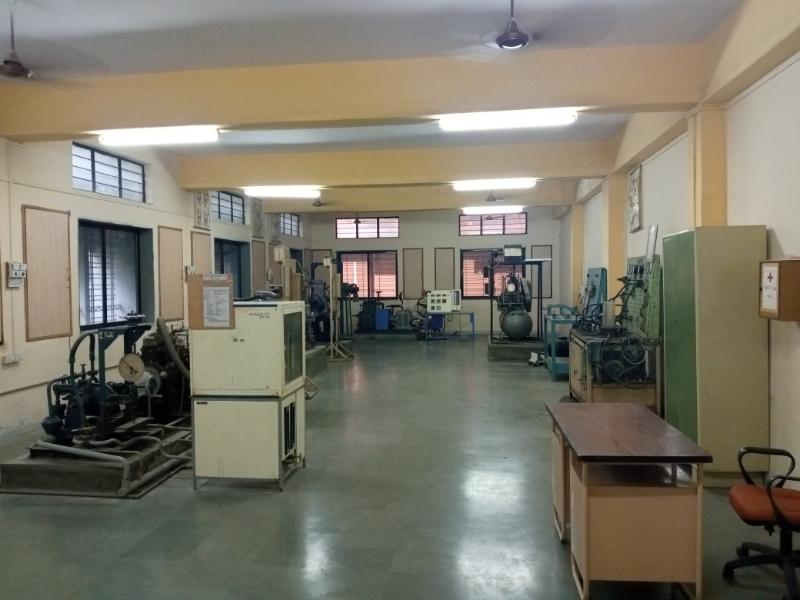
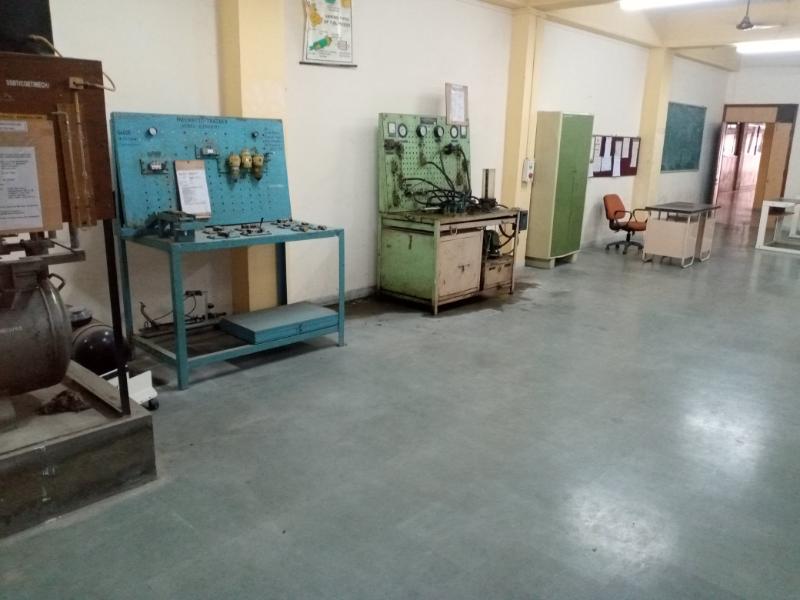
An automobile has many subsystems & components like transmission, body & chassis, suspension, brake, steering mechanism, battery & ignition system etc. Students improve their knowledge in these areas by studying the disassembled components of Maruti 800 & Tata Indica. Students also get to apply their knowledge to develop & fabricate vehicles for SAE-Baja competitions.
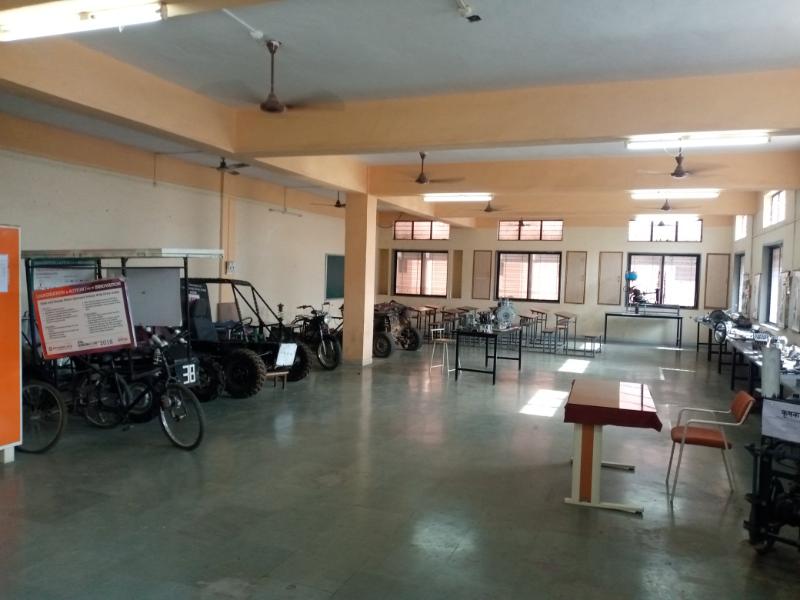
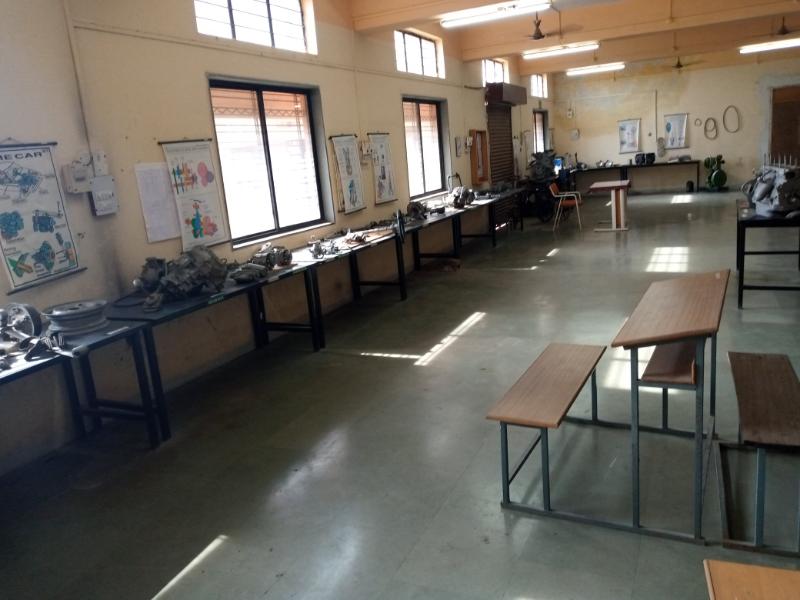
There is continuous exchange of heat due to temperature difference between a system & its surroundings by conduction, convection or radiation. In some situations like air conditioner ducts, we want to minimize this phenomenon by using proper insulation. In other cases like heat exchangers, we want to increase it by using material having low thermal conductivity or by increasing the surface area. This lab helps to improve students’ knowledge in this area through study & experimentation on various types of heat exchangers & different materials with / without finned surfaces.
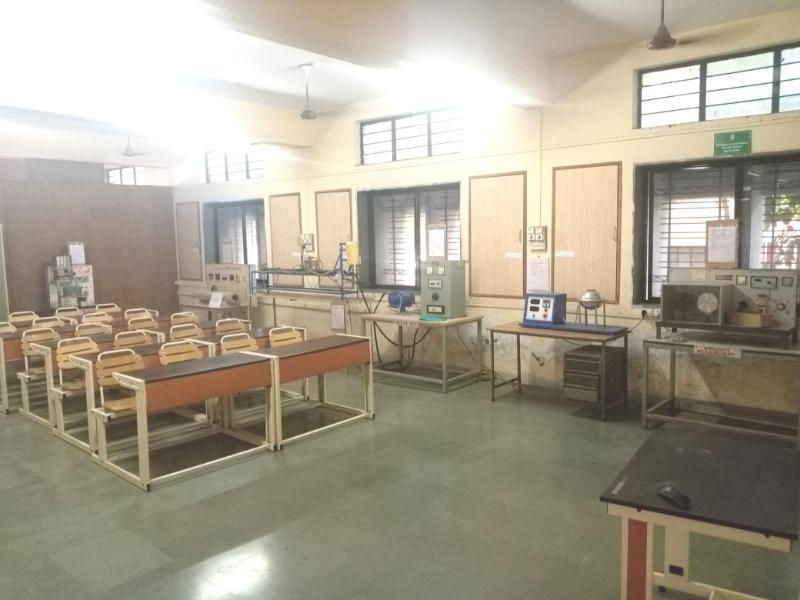
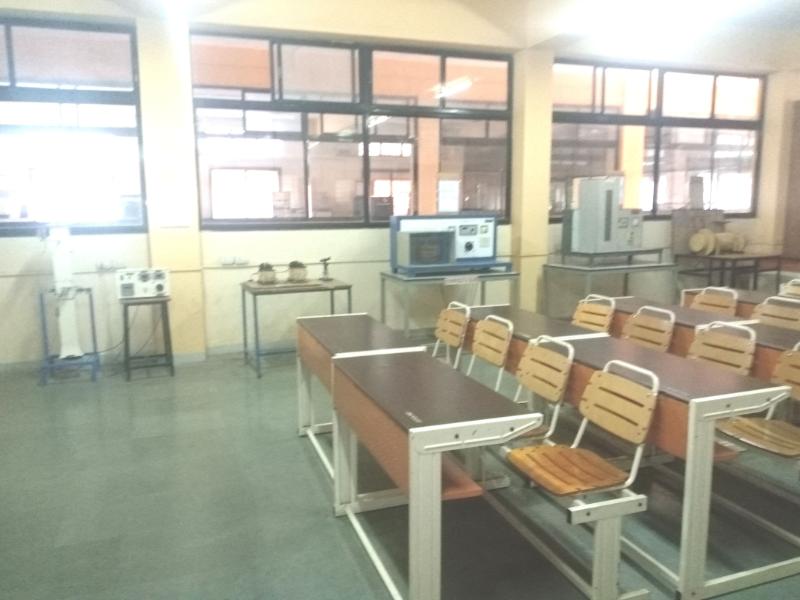
The subject of Refrigeration & Air Conditioning finds wide application in Domestic A.C., Refrigerators & water coolers; Mobile A.C. in cars, trains, ships & planes; Commercial A.C. in theatres, airports & shopping malls; Ice-plant refrigerators, Cold storage A.C. etc. This lab is equipped with various working models & experimental setups to improve the knowledge of the students in this area.
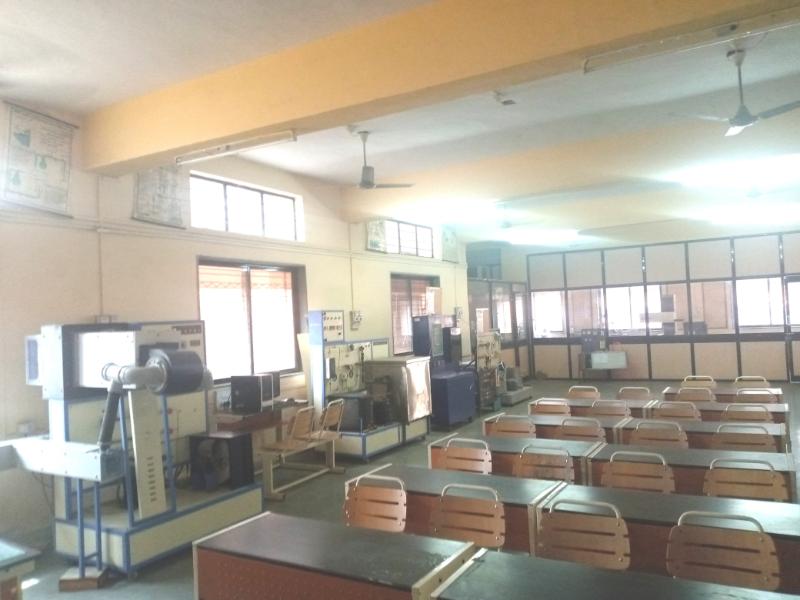
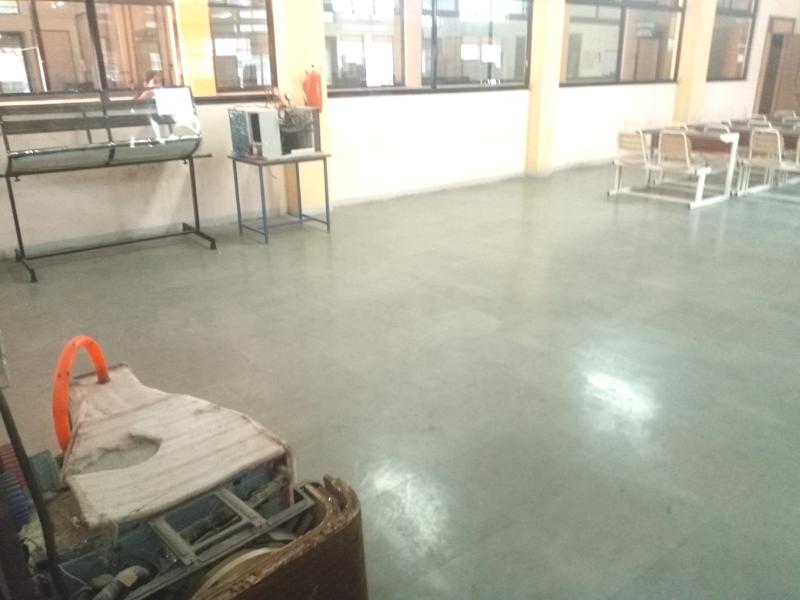
Light, cheap & suitable materials having unique set of properties are required for different applications, resulting in development of super alloys, composites, smart materials , etc. This lab helps the student learn about some important material properties & common techniques like tensile, impact & hardness testing, NDT, sample preparation & microscopic study for material characterization.
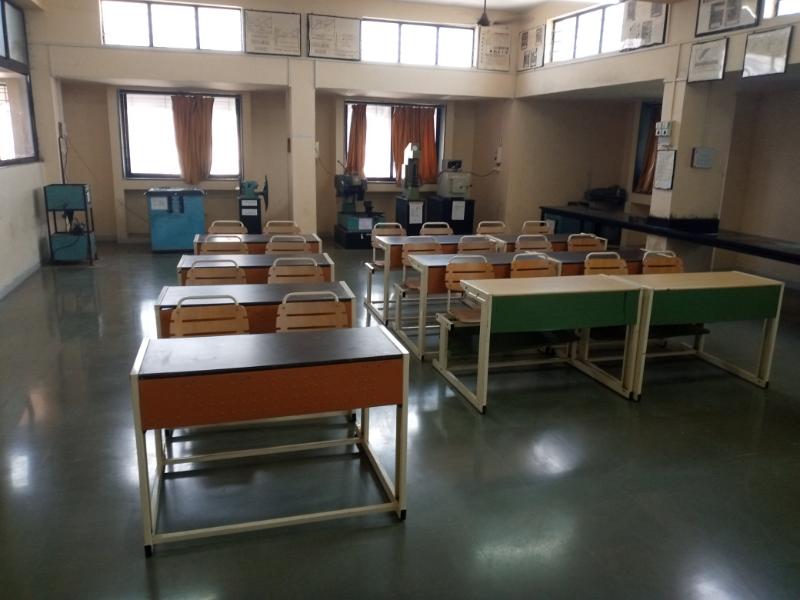
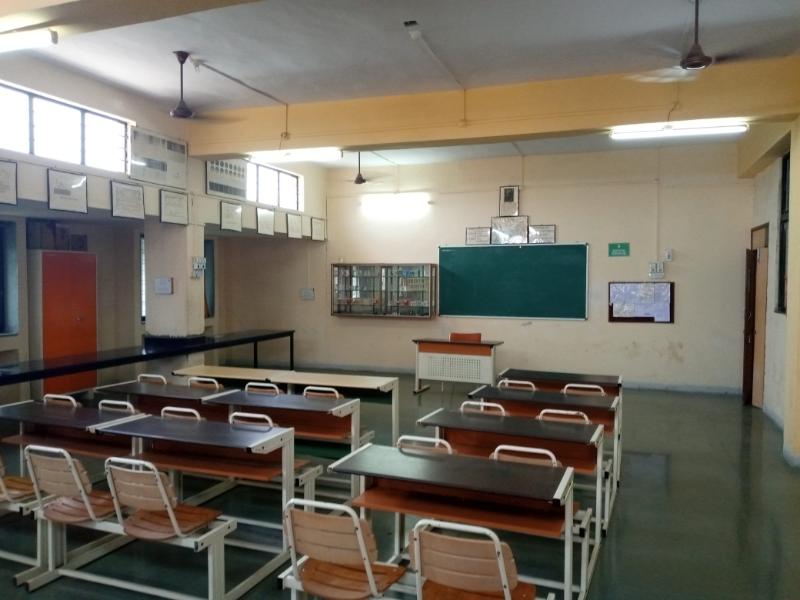
The efficiency, fuel consumption & service life of a product / machine can be improved by reducing wear & power loss due to friction. Thus, study of wear mechanism & lubrication is very important. This lab, equipped with several test rigs, aims to improve the students’ knowledge in this area.
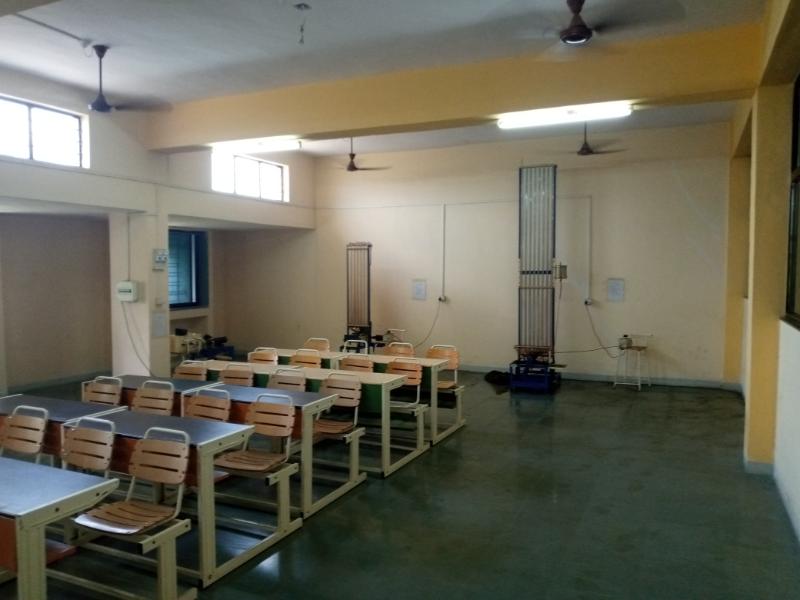
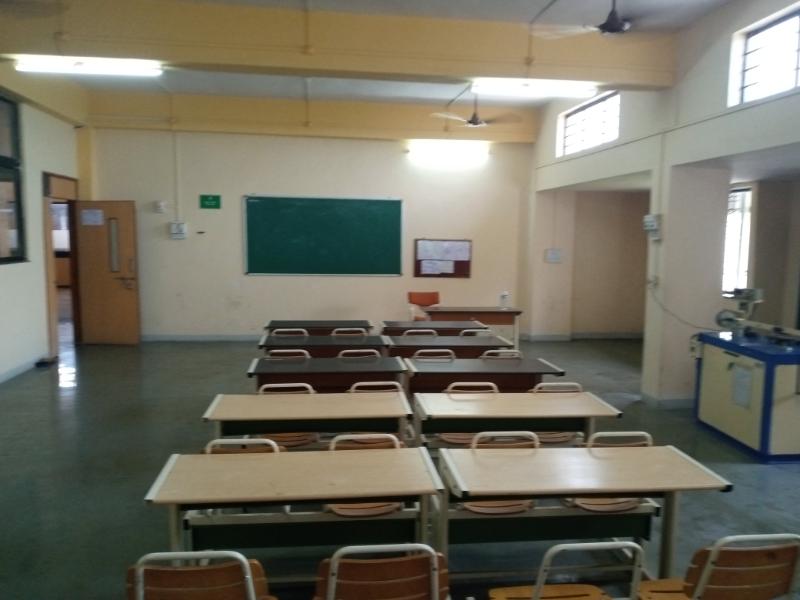
An industrial organization must manufacture high quality products at minimum cost in order to sell them profitably. Students must therefore reinforce their knowledge about various types of production technology through hands-on training in capentry, smithy, foundry, fabrication & machining sections of our workshop, well equipped with shaping, drilling, grinding, milling & turning (both manual & CNC type) machines.
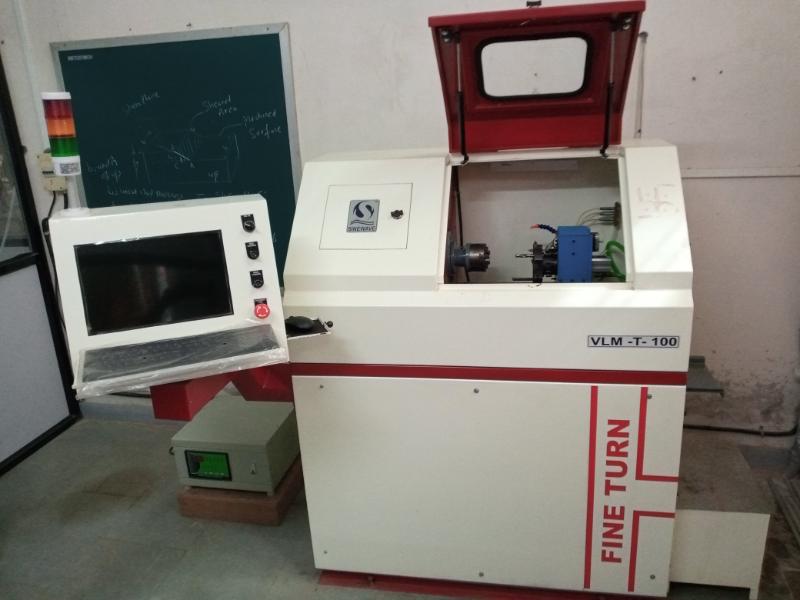
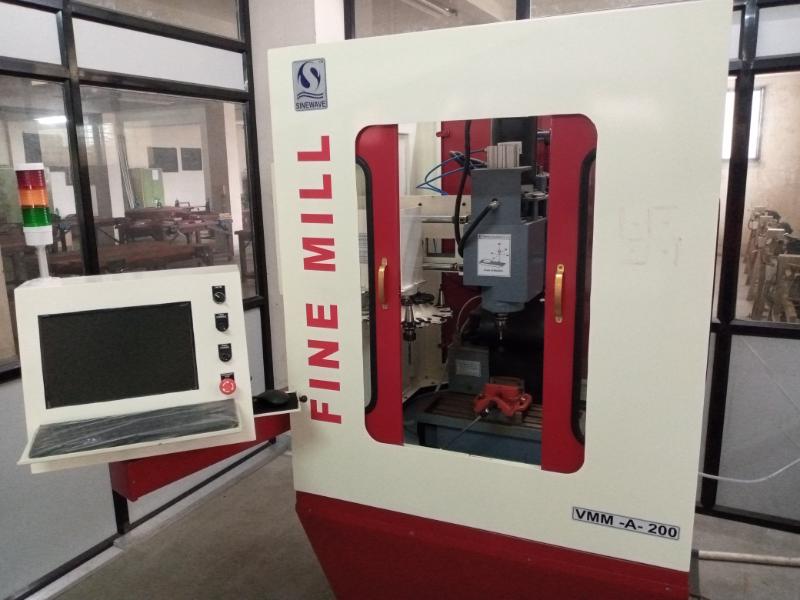
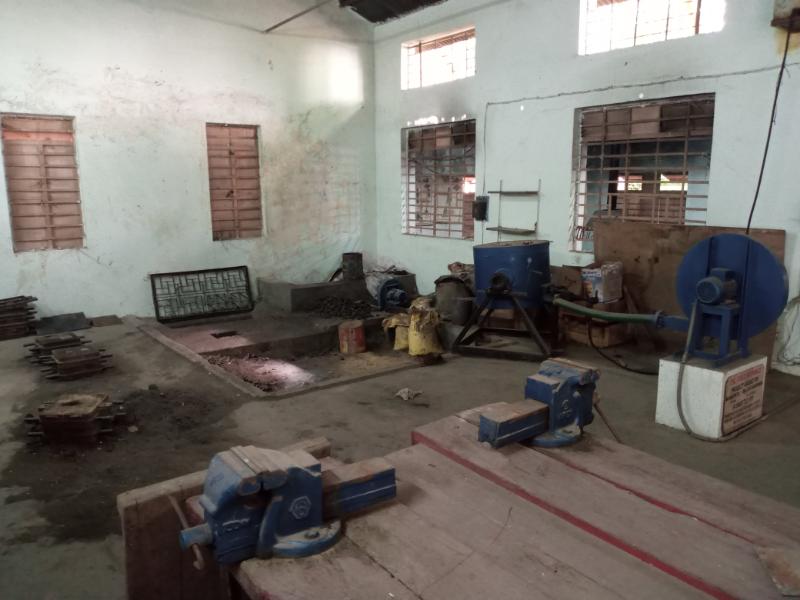
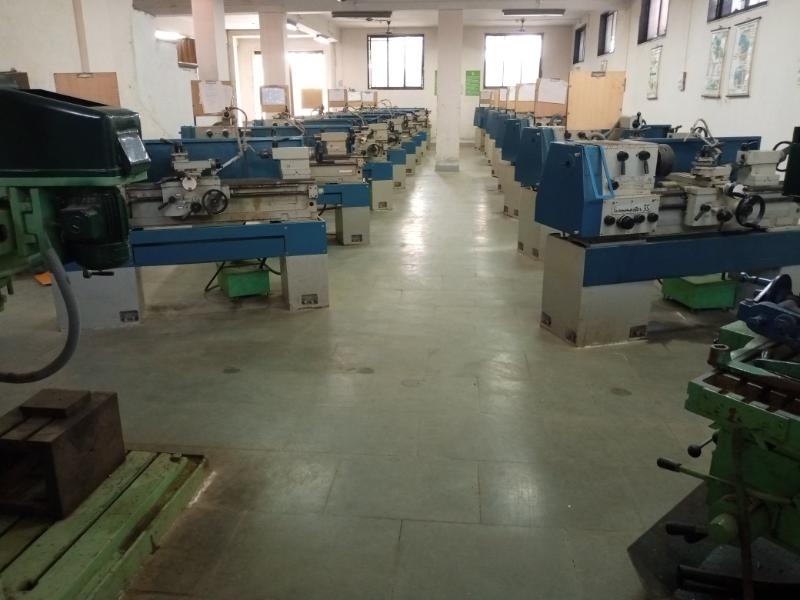
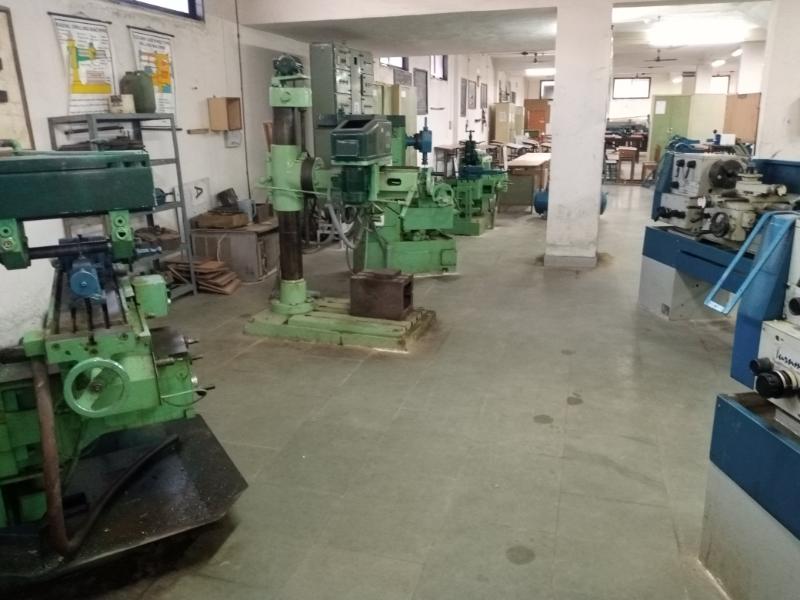
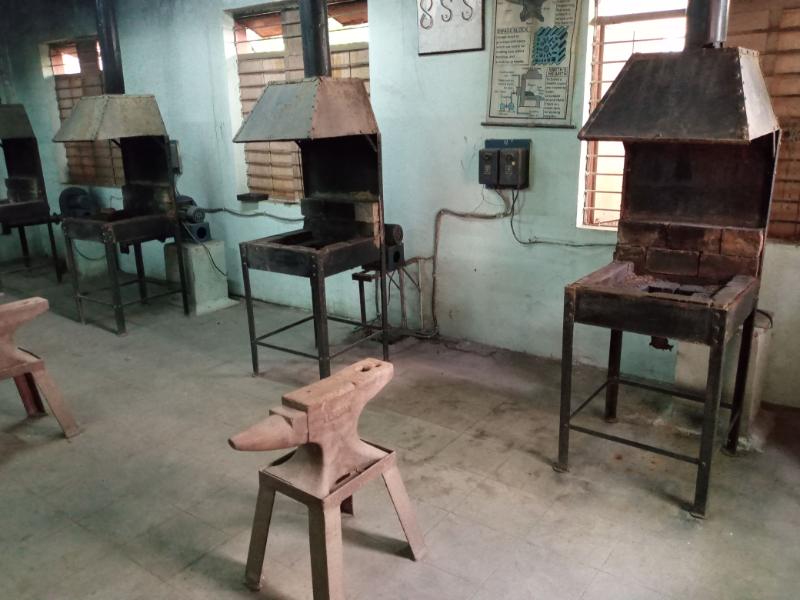
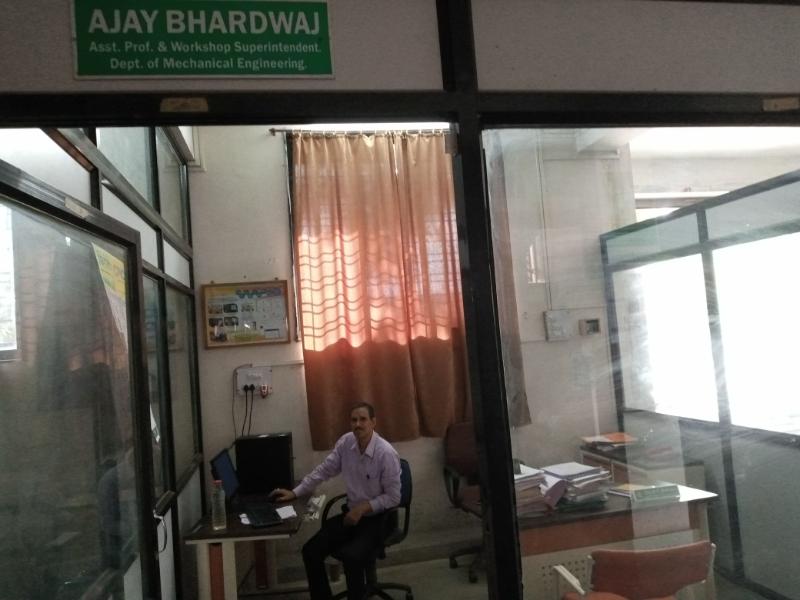
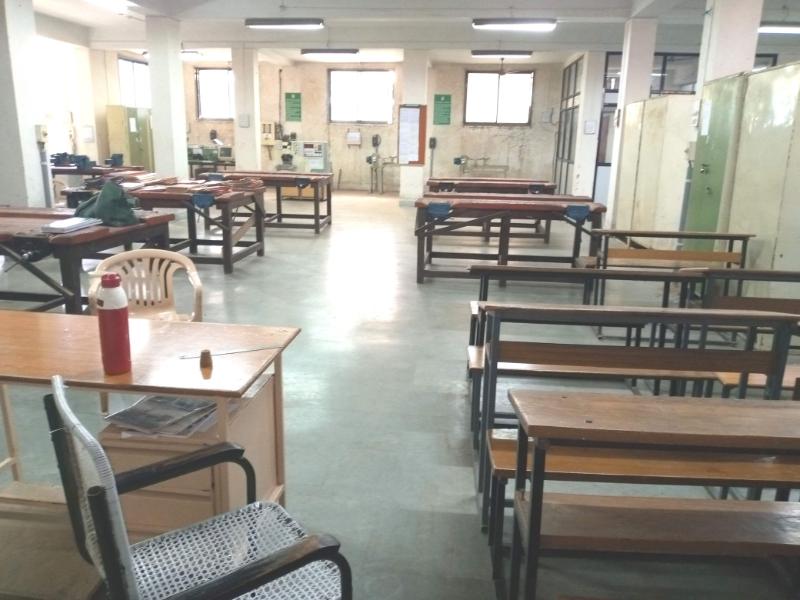
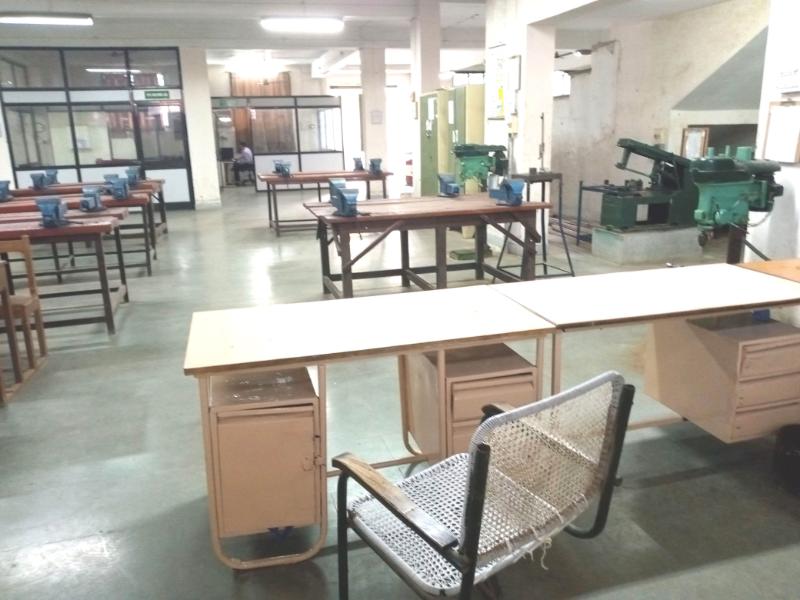
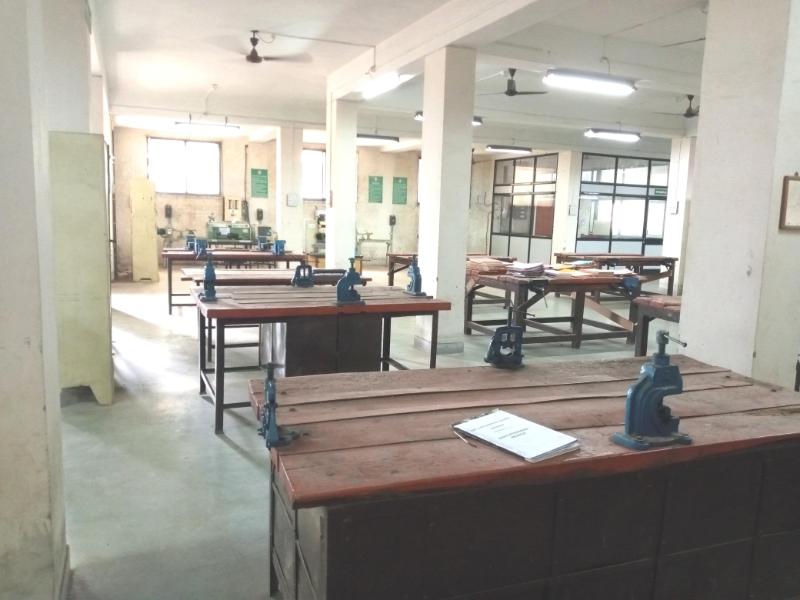
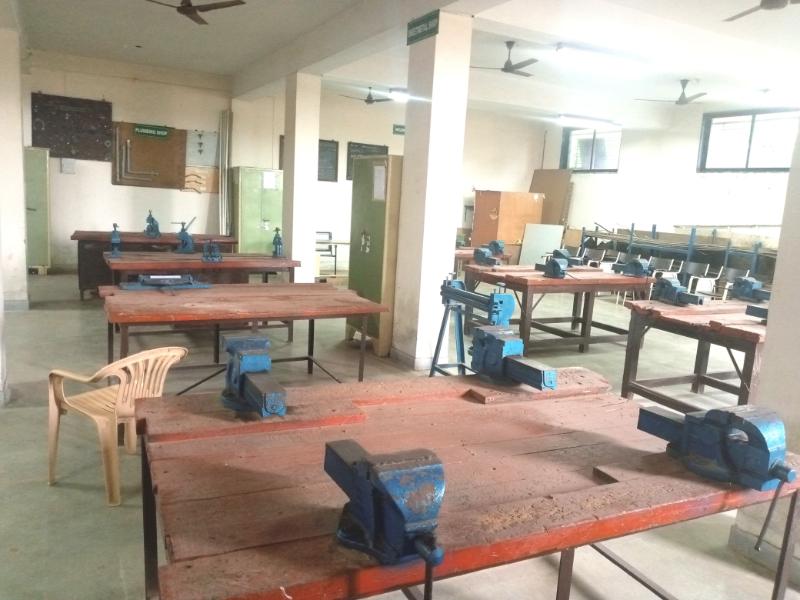
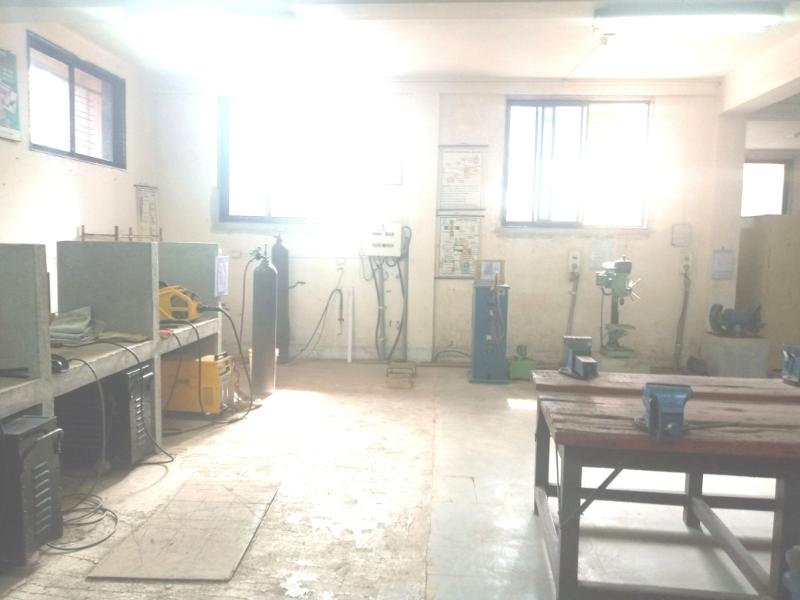
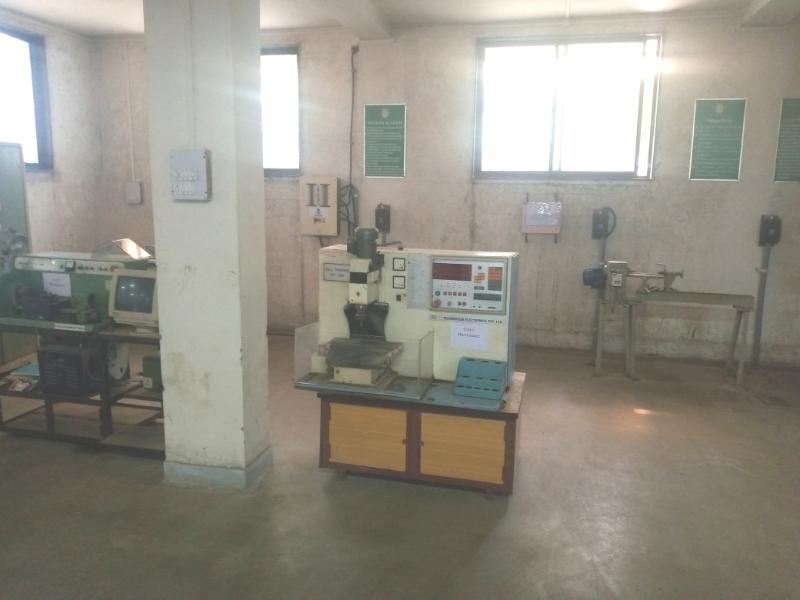
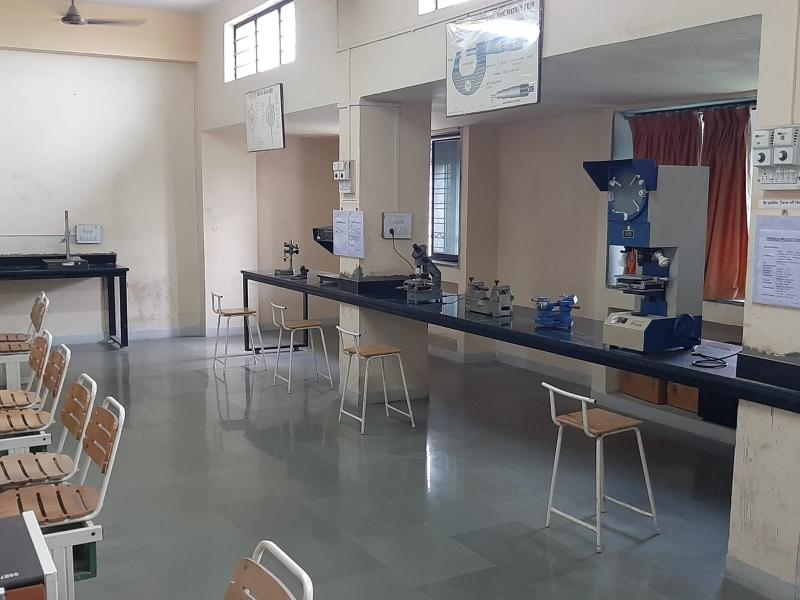
Inspection involves checking product geometry & dimensions against drawing specifications, identifying & rejecting defective products & suggest suitable changes in production parameters to minimize % defectives. In Metrology & Quality Control lab, students acquire hands-on training in checking product geometry & dimensions using vernier caliper, micrometer, V-block, dial indicator, slip gauges, bevel protractor, tool makers’ microscope, gear test bench, profile projector, angle dekkor, auto collimator, LVDT, strain gauge, rotameter, CMM etc.
